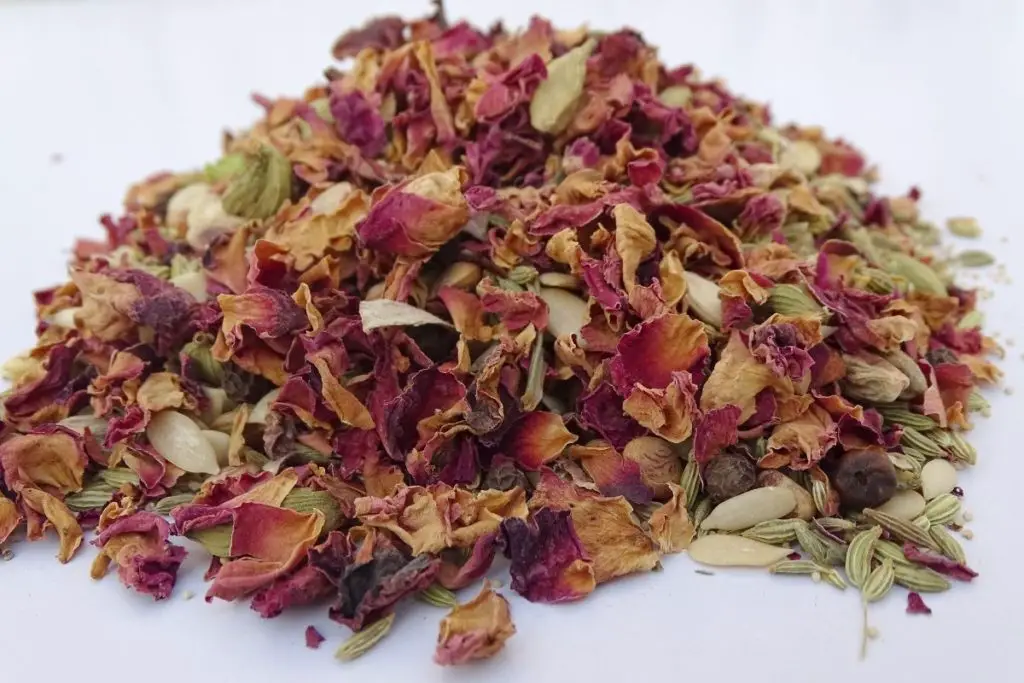
Ayurvedic Medicine for Kidneys Creatinine – Ayurvedic Diet and Treatments to Reduce Creatinine Levels in a Natural Way
Creatinine is often found among parameters of routine blood tests. High levels of creatinine in the blood can be an early indicator of kidney malfunctioning.
Thanks to its holistic approach to health, Ayurvedic medicine can be very effective in treating kidney damage and restoring compromised renal function. Ayurvedic treatment for kidneys is based on the combination of Ayurvedic diet advice, Yoga postures, and Ayurvedic herbs, all formulated to improve the general wellness of kidneys and normalize creatinine levels in blood and urine.
Creatinine levels and kidney issues

Creatinine is a waste substance that is naturally produced by the deterioration of creatine. Creatine is an amino acid compound that our muscles need in order to work. With every muscle movement, creatinine is ejected by muscular metabolism into the bloodstream, then transported to the kidneys, where it’s filtered from the blood and finally expelled unchanged through urination.
Standard levels of creatinine in the blood greatly vary according to age, genre, weight, and muscular mass. In order to establish an accurate measurement of creatinine levels, the nephrologist prescribes a creatinine clearance test in addition to routine blood analysis. A clearance test indicates the capacity of kidneys to filter creatinine out of the blood, and is, therefore, allows to estimate the health of the renal system.
High levels of creatinine in the blood may be a sign that kidneys are unable to perform their filtering function at a normal rate.
Ayurvedic treatments for kidneys

According to Vedic philosophy, the kidney (Vrkka) is a generous mother who is responsible for both the purification and the nourishment of all the organs of the body. Kidneys are in fact the main organs of urinary channels (Mutra vaha Srota), that are most important for expelling toxins and eliminating the waste produced by metabolism.
To revive kidney health and boost the efficiency of the whole system, Ayurvedic medicine prescribes a combined strategy involving diet and lifestyle. In addition, herbal remedies from the Ayurvedic tradition have been researched to work beneficial effects on renal function, lowering creatinine levels.
Ayurvedic herbal remedies are naturally sourced and safe to use at the dosage prescribed by an expert Ayurvedic physician. Don’t venture into self-medication and always consult a doctor to assess your kidney situation and to evaluate the best treatment for your specific case.
Ayurvedic diet to reduce creatinine levels

One of the dietary habits that can aggravate the risk of high creatinine levels in the blood is the excessive consumption of proteins. Ayurvedic vegetable-based diet is an excellent solution to keep the protein intake under control.
Ayurvedic dietary prescriptions recommend drinking plenty of water to improve renal cleansing function and eating fresh fruits with a high quantity of water, such as papaya, watermelon, apricot, grapes, blueberries, peaches, pears, and strawberries. Among vegetables, the most suitable are cucumbers, lettuce, spinach, portulaca, and cabbage, while it’s better to limit potatoes, peas, walnuts, beans, and dry fruits, rich in potassium and sodium. Prefer whole grain and high fiber foods that are beneficial to intestine balance and help regulate protein absorption.
Avoid foods and drinks that contribute to kidney fatigue, such as salt or sugar-filled snacks, soft drinks, coffee, and black tea that can overstimulate an already stressed renal system.
Salt intake should also be reduced to rejuvenate kidneys. Ayurvedic cuisine uses plenty of spices that can help to moderate the use of table salt in cooking while adding to daily diet a variety of ingredients extremely beneficial for renal function. The most known are:
- Turmeric – It’s traditionally known to prevent kidney stone formation and to purify blood. It reduces swelling caused by water retention.
- Coriander – It’s a natural diuretic able to regulate urinating system, and it features a soothing effect that promotes healing of infections.
- Ginger – It improves digestion and it boasts cleansing properties effective in eliminating toxins from kidney and liver.
Yoga poses to protect kidneys and regulate renal function

Ayurvedic treatment of kidney ailments recommends a healthy lifestyle that balances proper, fulfilling time for rest and regular, moderate physical activity.
Since high-intensity exercise should be avoided, yoga is an excellent activity to keep the body healthy and minimize muscles stress. The following postures and torsions (Yogasana) are specifically recommended to avoid pressure on kidneys, release stress, stimulate purification and regulate kidney function:
- Vajrasana – Thunderbolt pose
- Ardha Chandrasana – Half Moon pose
- Navakasana – Boat pose
- Bhujangasana – Cobra pose (in the picture)
- ParivrittaTrikonasana – Twist Triangle pose
- Ardha Matsendryasana – Half lord of the fishes pose
To improve the quality of sleep, Ayurvedic medicine advises introducing the practice of meditation combined with mindful breathing (Pranayama) in the daily wellness routine.
Ayurvedic Herbs to improve kidney health and restore renal system

According to Ayurvedic medicine, kidney issues are the result of an imbalance between the three doshas, the main elements of body constitution. In particular, Kapha is responsible for blocking blood vessels, while Vata causes damage to kidney cells. Ayurvedic herbs that are most effective to heal kidney ailments are therefore of two kinds:
- Rasayana, that are able to promote the regeneration of damaged tissue and to improve strength and resistance of kidney structure.
- Lekhana, that have a “scraping” effect on chocked channels.
Here are a few of the main Ayurvedic herbs traditionally used to heal kidney issues:
- Triphala – It’s a classic Ayurvedic compound of three herbs, Haritaki (Terminalia chebula), Amalaki (Emblica officinalis) and Vibhitaki (Terminalia bellerica). It’s full of natural antioxidants capable to enhance strength and resistance of liver and kidney tissues. It promotes digestion endorsing the cleansing of functional systems.
- Punarvana (Boerhavia diffusa) – It’s a natural diuretic that is able to enhance detoxification and stimulate the regeneration of kidney tissue.
- Gokshura (Tribulus terrestris) – It’s traditionally used to treat urinary infections and eliminate kidney stones.
- Shudda guggulu (Commiphora mukul) – It’s an astringent drug capable of removing blockages in channels.
- Varun (Crataeva nurvala) – It boasts diuretic properties, it helps to purify blood and clean vessels.
More about the Ayurvedic Approach?







